
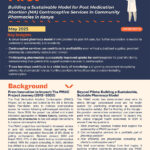
The PMAC model has demonstrated clear wins for clients (through personalized care) and the health system (by positioning pharmacies as accessible contraceptive outlets). But the third leg of the triangle – the provider – remains less understood: Can pharmacies profit while delivering these services?
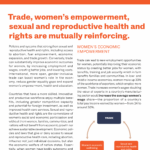
This brief highlights how international, more open, gender-inclusive trade can boost women’s role in the economy, can reduce gender quality gaps, and can expand women’s empower, health and education—and how trade, women’s empowerment and sexual and reproductive health and rights are mutually reinforcing.
This study looked at the socio-economic profile of women seeking abortion services in public health facilities across Madhya Pradesh state and at out of pocket cost accessing abortion services. In particular, it examined the level of access that poor women have to safe abortion services in Madhya Pradesh. Findings highlight that, overall, 57% of women who received abortion care at public health facilities were poor, followed by 21% moderate and 22% rich. Improved availability of safe abortion services at the primary level in Madhya Pradesh has helped meeting the need of safe abortion services among poor, which eventually will help reducing the maternal mortality and morbidity due to unsafe abortion.
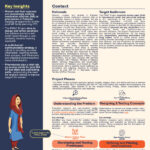
The PMAC project in Pakistan takes a phased approach to gathering insights, developing and testing solutions, and refining interventions as needed to ensure we are addressing the challenges women face in accessing post medication abortion (MA) family planning (FP). This learning brief outlines key insights from developing, testing and refining prototypes (also referred to as the Medium-Fidelity Phase) aimed at increasing women’s access to post MA FP in Islamabad Capital Territory.
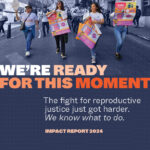

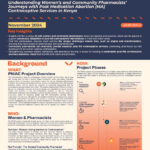
These learning briefs – a project anchor brief, a user-focused brief, and a pharmacist-focused brief – summarize lessons learned by the PMAC project during multiple phases of the project.
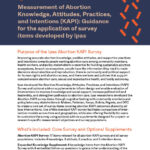
The Abortion Knowledge, Attitudes, Practices, and Intentions (KAPI) Survey with optional add-on supplements, developed by Ipas, is a comprehensive resource designed to assess and enhance community understanding, attitudes and support around abortion care.
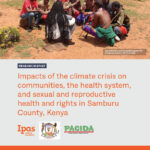
Our research shows how people and the health system in Samburu County, Kenya, are impacted in numerous ways by the climate crisis—and articulates how healthy people and communities are more resilient to the impacts of climate change.
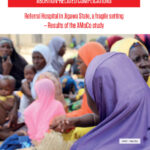
This study looked at the socio-economic profile of women seeking abortion services in public health facilities across Madhya Pradesh state and at out of pocket cost accessing abortion services. In particular, it examined the level of access that poor women have to safe abortion services in Madhya Pradesh. Findings highlight that, overall, 57% of women who received abortion care at public health facilities were poor, followed by 21% moderate and 22% rich. Improved availability of safe abortion services at the primary level in Madhya Pradesh has helped meeting the need of safe abortion services among poor, which eventually will help reducing the maternal mortality and morbidity due to unsafe abortion.
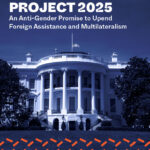
This report focuses on the damage Project 2025 would have on overseas development assistance and international cooperation.
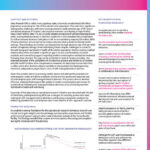
These two learning products – a project brief and a technical brief – describe the Ipas Development Foundation’s work to increase contraceptive uptake and continuation after self-managed medical abortion.
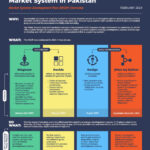
These three learning products — a market systems development plan (MSDP) overview, a workshop event summary, and a low fidelity process infographic — document our project’s efforts to understand, describe, and enhance the post-medication abortion contraceptive market in Pakistan
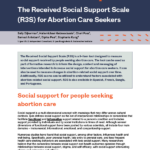
The Received Social Support Scale (R3S) is a 9-item tool designed to measure social support received by people seeking abortion care.
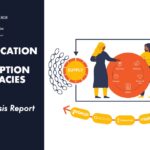
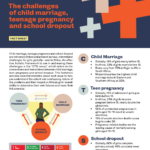
Child marriage, teenage pregnancy and school dropout are intricately linked and present serious, interrelated challenges for girls globally—and in Africa. An effective, holistic framework to use in addressing these challenges is the “CTS nexus,” which refers to the connections and interactions between child marriage, teen pregnancy and school dropout.
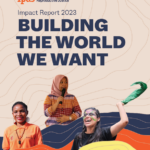
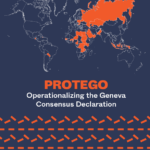
Piloted in Guatemala in 2023 and formally launched in Uganda in February 2024, Protego is a threat to existing international human rights frameworks.

